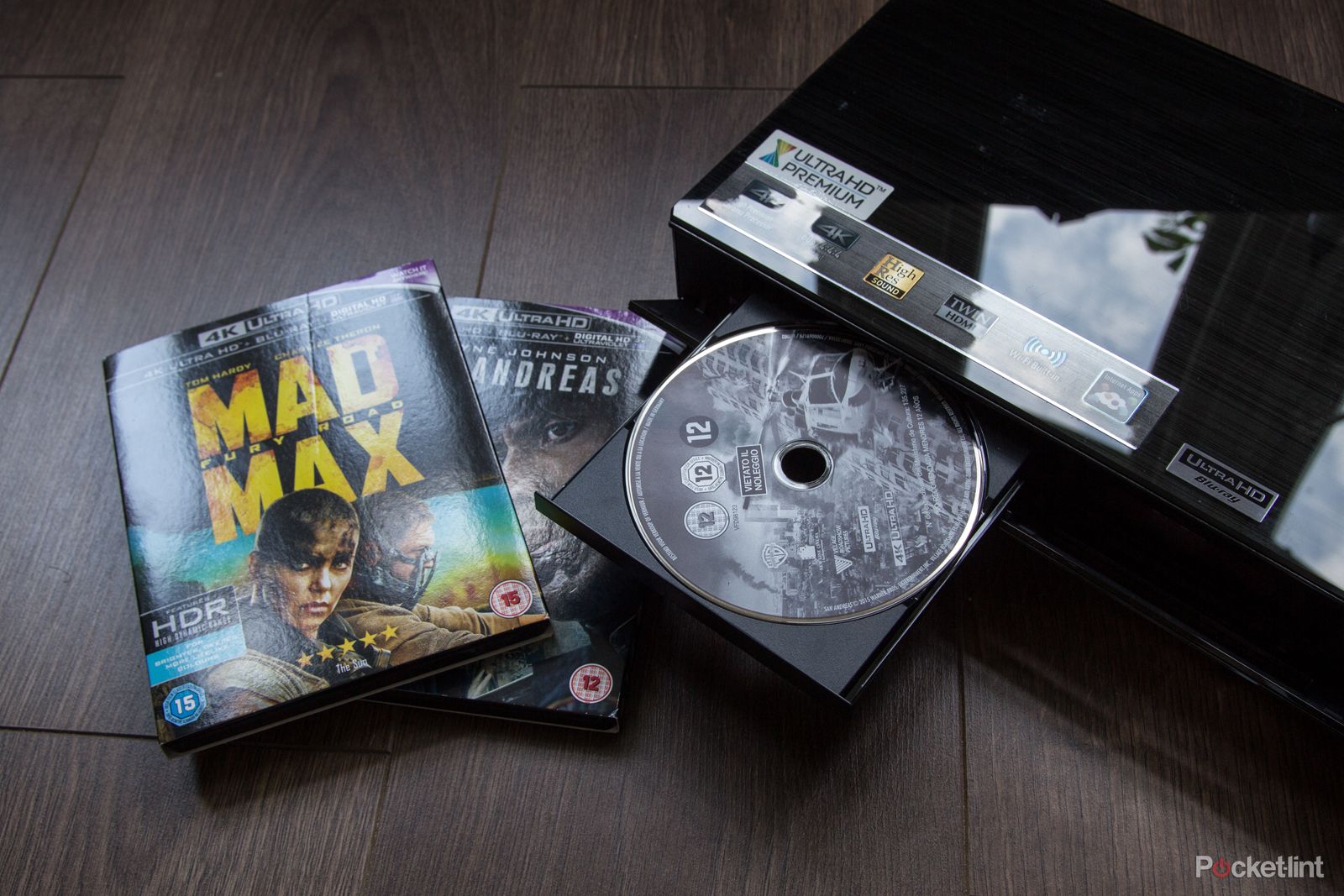Samsung has quit the 4K Ultra HD Blu-ray market.
It will not be making any more 4K Blu-ray players going forward and has reportedly cancelled plans for a high-end deck it was working on.
This is a significant blow for a format that already shows signs of strain. And, we can't help but feel that, while Samsung's decision is by no means an indication of a complete demise, it's another nail in its coffin.
Other reasons
There are several other factors that also hint to the end of 4K Blu-ray. As Forbes mentions in its story about the Samsung withdrawal, at least one studio has decided against releasing 4K Ultra HD disc versions of its forthcoming films, with at least two of them being Oscar contenders.
The Favourite, Stan & Ollie, and Will Ferrell's Holmes And Watson will not be released in the format. Although it is highly likely that they will get 4K digital releases down the line.
And, even when there is a disc version coming, the digital is now given priority. Most big releases are available to buy or rent online sometimes weeks before the BD copy. A quick scan of Sky Store on Sky Q shows multiple releases we can watch now in 4K that are only available for pre-order on Amazon.
Poor sales?
The impending closure of UltraViolet - which will shut its doors on 31 July - is another indication that even offering a free digital copy with every disc has failed to ignite sales.
You only need to look at prices to also realise that 4K Blu-rays are not selling in significant numbers. New, premium releases still carry a hefty mark-up that is the same or similar to their cost at launch two years ago. Venom, for example, is £25 for the 4K edition, £15 on conventional Blu-ray.
Yes, it comes with Dolby Vision, but so too does a 4K HDR digital copy of the film that costs £14 on iTunes. Many at that price also come with Dolby Atmos surround sound, aping their physical counterparts.
A higher volume of sales of the physical version would drive the full RRP down, but that hasn't happened in the last two years and time is a-ticking. The same happened with 3D Blu-ray and look what happened to that.
The cost of no PS4 support
To be honest, 4K Blu-ray was going to be a hard sell from the start, with Sony deciding not to include a player with its second edition PlayStation 4 consoles: the standard PS4 and PS4 Pro. It told Pocket-lint at the time that its users prefer digital 4K streaming, but things might have turned out differently had it actually supported the format. After all, the PlayStation 2 almost single-handedly helped the DVD market to thrive.
Yes, the Xbox One S and Xbox One X have 4K Blu-ray decks - and decent ones to boot - but Microsoft is said to have sold only half the number of units than its rival. And, with the Xbox team favouring the message that the Xbox One is a games console more than a media machine, it far from flies a flag for an ailing physical video format.
Let us also not forget that 8K is looming ever larger on the horizon. We doubt that will even get a disc format release.
Our take
The sad part about these portents of woe is we don't want 4K Blu-ray to fail. Quite the contrary.
We are avid collectors of the format ourselves. 4K Ultra HD Blu-ray discs often offer the best video performance and bitrates, plus HDR and, occasionally, Dolby Vision visuals that are hard pressed to better digitally. HDR10+ is even appearing on some of the latest releases, for those with TVs capable of viewing it.
There is also nothing quite like having boxed copies of films, gracing shelves and giving a home the aura (and aroma) of Blockbuster chic.
But, even with Panasonic, Pioneer and Sony continuing their hardware commitment to the format with new players in 2019, it is doomed to give way to progress. And, our neatly-racked discs will soon be icons on an iTunes app on our TVs.
At least our bank balances will benefit, if not our sense of ownership.

